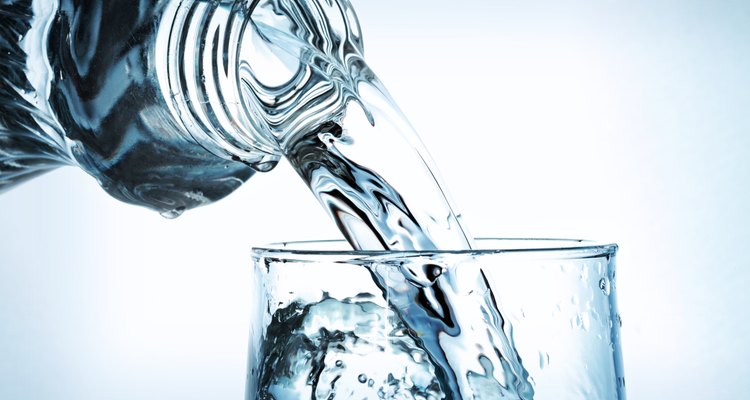
g215/iStock/Getty Images
Getting the right mix of nutrients in your diet may help your breathing, says the American Lung Association. That includes both food and fluids. The best fluids for people with chronic obstructive pulmonary disease, or COPD, are the ones that help you meet your nutrient needs for better lung health. Consult your doctor to discuss your individual fluid needs and best beverage choices.
Drink Your Water
When it comes to staying hydrated, reach for water as your first choice. Drinking enough water also helps keep mucus thin and easier to clear for people with COPD, according to the ALA. The association recommends you try to drink six to eight 8-ounce cups of water throughout the day. However, fluid needs vary depending on diet, exercise, medications, health and environment, so check with your doctor to determine how much water you should drink each day.
Milk for Calcium and Vitamin D
People with COPD may need to take steroids to help manage their illness. Steroids increase your need for calcium, making it important that you get enough of this essential mineral in your diet, along with adequate amounts of vitamin D. Fortified milk is a good source of both calcium and vitamin D. The Dietary Guidelines for Americans 2010 suggests adults get 3 cups of fat-free or low-fat milk a day.
Noncaffeinated Beverages
Caffeine, found in drinks such as coffee, tea, chocolate milk and cola, may interfere with some of your medications, says the Cleveland Clinic. Instead, drink noncaffeinated beverages including water, unflavored milk, herbal tea, 100 percent fruit and vegetable juice and fortified soy milk. Fruit juice is a source of calories, so if you're watching your calorie intake, Clemson Cooperative Extension recommends you limit your intake to 12 ounces a day. For lower-cal options, choose herbal teas served without milk, sugar or honey.
Nutrition Shakes
COPD increases your calorie needs. Some people with COPD may have a difficult time meeting their increased needs with food and may require nutrition supplements. Nutrition shakes are a concentrated source of calories, protein, vitamins and minerals. Your doctor or dietitian can help you find a supplement that meets your needs. Nutrition shakes should not be used as a meal replacement but as a supplement to your diet, says the Cleveland Clinic.
Related Articles

How Much Water Should I Drink With a ...

Vitamins for Mental Alertness

Nutrition Information on Blueberries
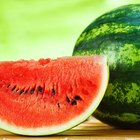
List of Foods With a High Water Content

Fruit & Water Diet

Couch to 5K Diet
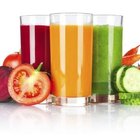
Nutrition Drinks for Diabetics

How to Reduce Acne Inflammation

Does Benefiber Lower Cholesterol?

What Is an Obagi Blender?
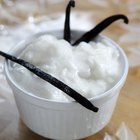
How to Make Whipping Cream With Milk

High Fiber & Protein Diet Menus
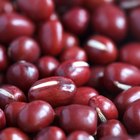
Nutrition Information for Adzuki Beans

Zinc Treatment for Rosacea

Menu for Acid Reflux
Diets of Asian Martial Artists
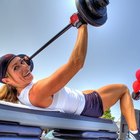
How to Get Fit in 4 Weeks
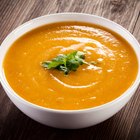
Thickened Liquid Diet and Nectar

How to Take Vitamins With Coffee
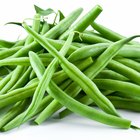
Nutritional Value of Dehydrated Green ...
References
Writer Bio
Jill Corleone is a registered dietitian and health coach who has been writing and sharing her love of food, nutrition and health with anyone who'll listen for almost 20 years. Her work has been featured on the Huffington Post, Diabetes Self-Management and Working Mother.
Photo Credits
g215/iStock/Getty Images